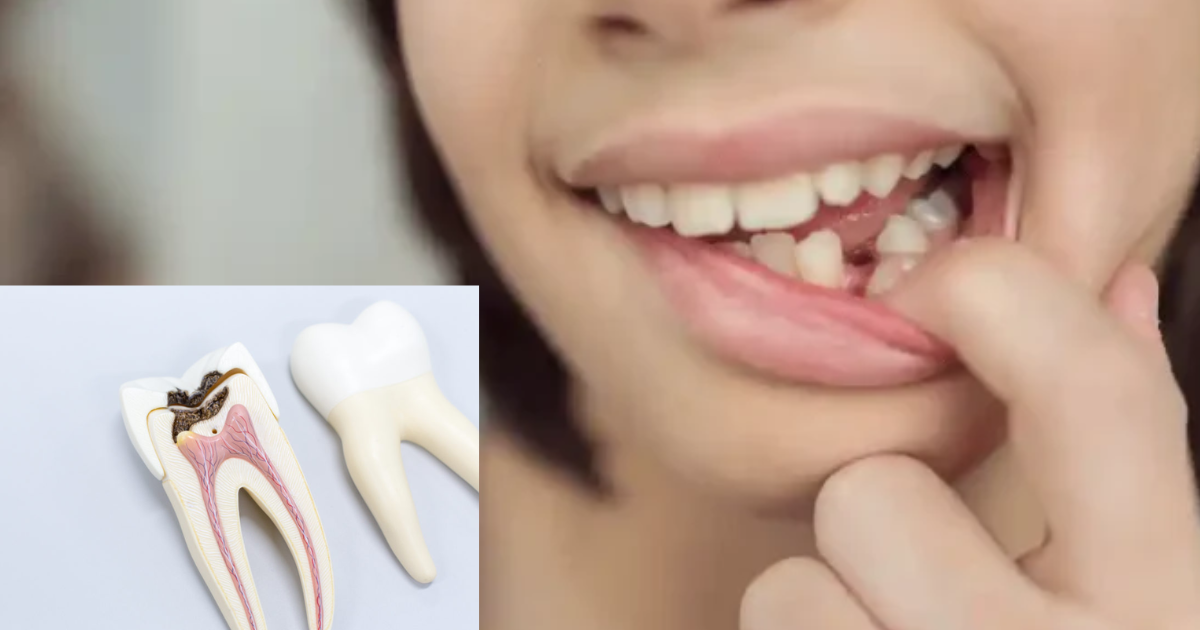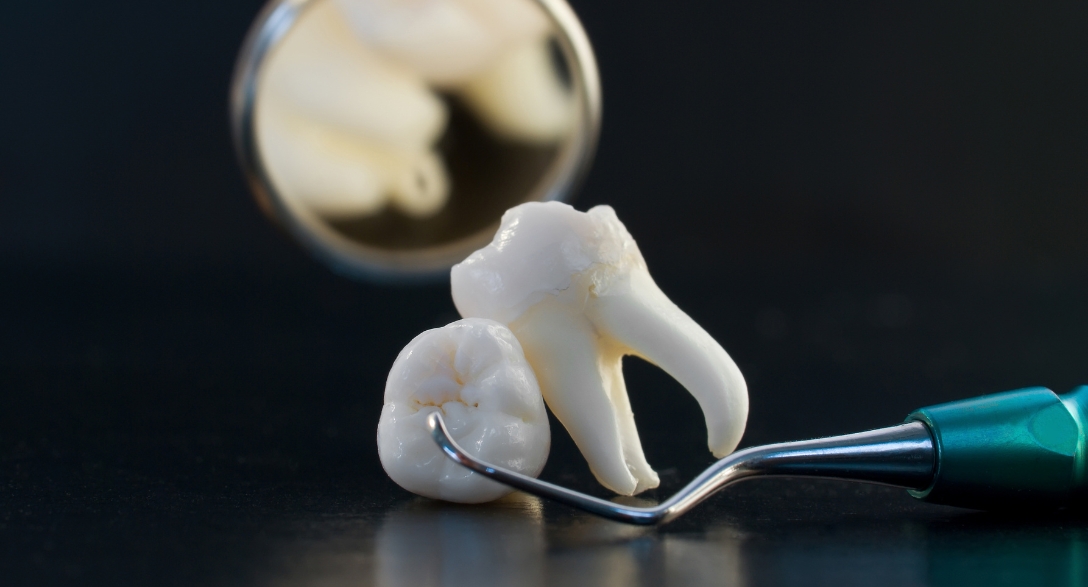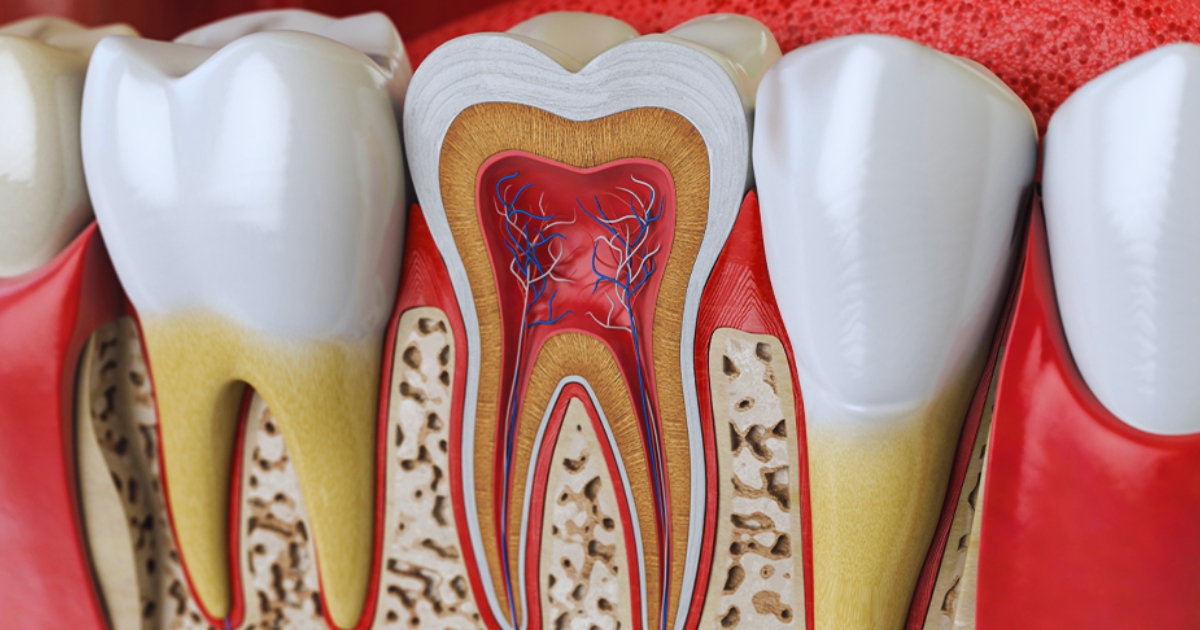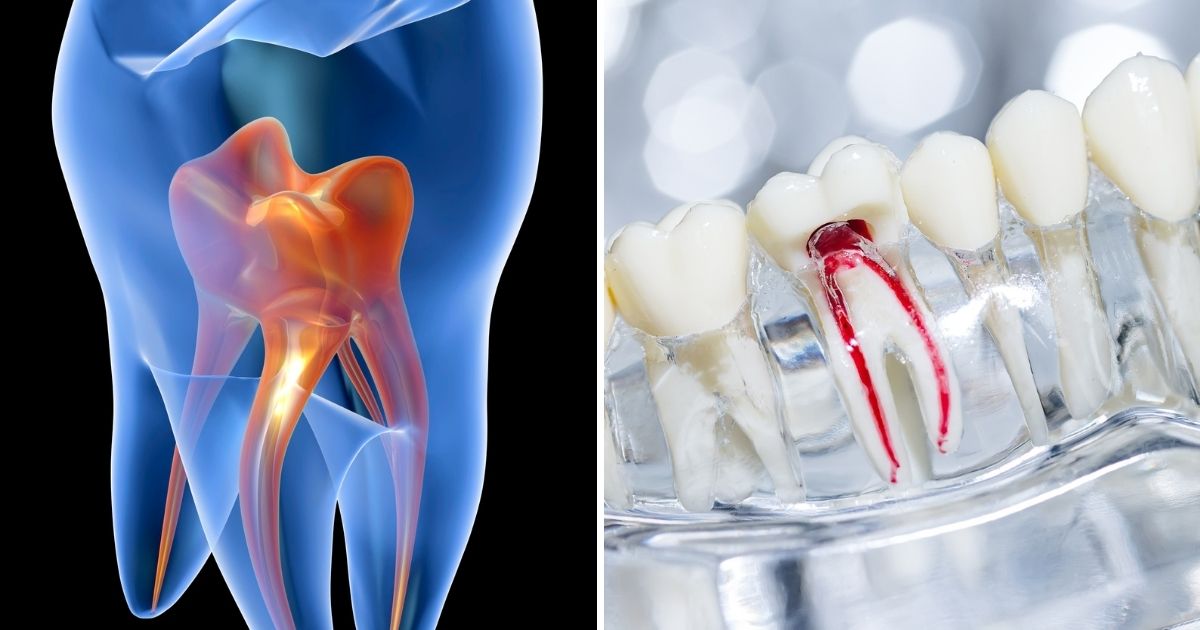Call Us Today 817-737-7668

As guardians, making sure the health and welfare of our children is a top priority. When it comes to dental care, preserving the integrity of a child’s primary (baby) teeth is essential for their overall oral health. One key procedure that can help save baby teeth from decay or injury is Vital Pulp Therapy (VPT).
This minimally invasive treatment is designed to maintain the vitality of a tooth’s pulp—the soft tissue inside the tooth—while preventing the need for more extensive dental work in the future. So, here’s a blog to help you understand the importance of Vital Pulp Therapy, how it works, and why it could be the right choice for protecting your child’s adorable smile.
The Importance of Baby Teeth
Before diving into the details of Vital Pulp Therapy, it’s important to understand why baby teeth play such a crucial role in a child’s oral development:
- Space Maintainers: Baby teeth serve as guides to the proper locations of permanent teeth by acting as placeholders for them. Early tooth loss in children can cause misalignment or crowding of the adult teeth, which may require orthodontic treatment later on.
- Speech Development: Proper speech development relies on the presence of baby teeth, as they help children form sounds and words. Missing teeth can lead to speech difficulties.
- Chewing and Nutrition: Baby teeth let children chew food properly, which is vital for good nutrition and overall health. Without healthy teeth, children may struggle to eat a balanced diet.
- Self-Esteem and Confidence: A healthy smile contributes to a child’s self-esteem and confidence. Keeping baby teeth healthy with the help of a trusted endodontist in Little Elm helps children feel good about their appearance.
Types of Vital Pulp Therapy
There are several types of Vital Pulp Therapy, each tailored to the extent of the damage and the condition of the tooth:
- Indirect Pulp Capping: When deterioration occurs, this process is applied near the pulp but hasn’t yet affected it. The tooth’s decaying section is extracted by the dentist, and places a protective layer over the remaining dentin to encourage healing and prevent further decay.
- Direct Pulp Capping: If the pulp is exposed due to decay or injury, direct pulp capping is performed. The dentist places a biocompatible material directly over the exposed pulp to protect it and stimulate healing.
- Pulpotomy: When the pulp is partially damaged but the tooth’s root remains healthy, a pulpotomy may be recommended. The dentist removes the damaged portion of the pulp while leaving the healthy tissue intact. A protective material is then placed over the remaining pulp to promote healing.
- Pulpectomy: In cases where the entire pulp is infected, a pulpectomy is performed to remove all the pulp tissue. The dentist then fills the empty space with a biocompatible material to maintain the tooth’s structure and function.
Benefits of Vital Pulp Therapy
Vital Pulp Therapy offers numerous benefits for children, making it a preferred treatment option for maintaining the health of baby teeth:
- Preservation of Natural Teeth: By saving the natural tooth, Vital Pulp Therapy ensures that the child’s oral development proceeds normally, without the complications that can arise from early tooth loss.
- Reduced Need for Future Dental Work: Preserving baby teeth through Vital Pulp Therapy can reduce the need for more extensive and costly dental treatments in the future, such as orthodontic work or dental implants.
- Minimally Invasive: Compared to other dental procedures, Vital Pulp Therapy is minimally invasive, making it a less stressful experience for children. It also helps in maintaining the tooth’s structure and function without the need for extraction.
- Pain Relief: Vital Pulp Therapy can alleviate pain caused by damaged or infected pulp, providing immediate relief for children.
- Prevention of Infections: By treating damaged pulp before it becomes infected, Vital Pulp Therapy helps prevent the spread of infection to other parts of the mouth and body.
When is Vital Pulp Therapy Needed?
Knowing when to seek Vital Pulp Therapy is crucial for parents. Here are some signs that your child may need this treatment:
- Toothache or Sensitivity: If your child complains of a persistent toothache or sensitivity to hot or cold, it could indicate pulp damage that needs attention.
- Visible Decay: When you notice visible decay or discoloration on your child’s tooth, it’s important to consult a dentist promptly to determine if the pulp is affected.
- Swelling or Abscess: Swelling or the presence of an abscess near the affected tooth is a sign of infection that requires immediate dental care.
- Injury to the Tooth: If your child has experienced trauma to the tooth, such as a fall or impact, it’s important to have the tooth examined by a dentist to assess any potential pulp damage.
Ultimately, Vital Pulp Therapy is an essential treatment option for preserving baby teeth and ensuring the proper development of a child’s oral health. By choosing Vital Pulp Therapy in Little Elm, you can protect your child’s smile, prevent future dental issues, and promote overall well-being. Remember, maintaining the health of baby teeth is not just about preserving a smile—it’s about laying the foundation for a lifetime of good oral health. Schedule your appointment today!





